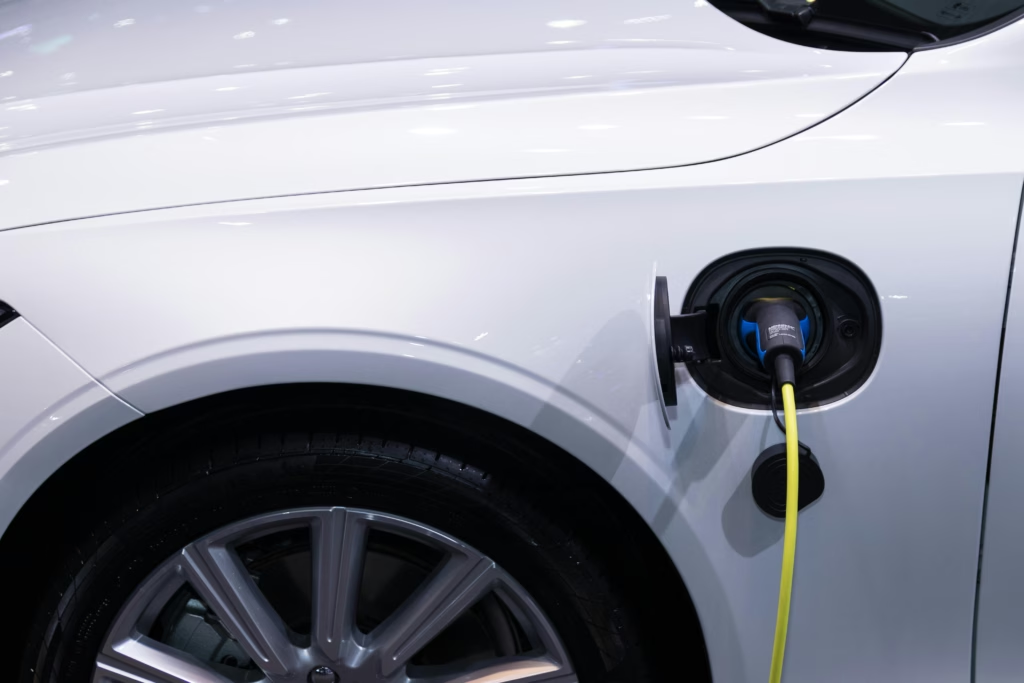Electric vehicles (EVs) are becoming increasingly popular in Canada, and one of the most common concerns for drivers is how long it takes to charge electric cars and how much it costs. This guide will break down the key factors affecting EV charging time and expenses in Canada.
1. Charge Electric Cars at Home: Time & Cost
Charging your EV at home is one of the most convenient and cost-effective options. The time it takes to charge electric cars at home depends on the type of charger you use:
- Level 1 Charger (120V) – Adds about 5-8 km of range per hour; a full charge can take over 24 hours.
- Level 2 Charger (240V) – Adds about 30-50 km of range per hour; a full charge takes 4-10 hours.
Cost:
- Charging at home costs approximately $0.12 to $0.15 per kWh, depending on your province’s electricity rates.
- A full charge for a 60 kWh battery may cost around $7 to $9.
2. Charge Electric Cars at Public Stations: Time & Cost
Public charging stations provide faster charging speeds, but the time and cost vary:
- Level 2 Public Chargers – Similar to home Level 2 chargers; a full charge takes 4-10 hours.
- DC Fast Chargers (Level 3) – Adds about 100-300 km of range in 20-30 minutes; a full charge can take under an hour.
Cost:
- Level 2 stations may charge $1-$2 per hour.
- DC fast chargers cost around $0.30 to $0.50 per minute or $0.20 to $0.35 per kWh.
- A full charge from a DC fast charger may cost between $15 and $25.
3. Charge Electric Cars on Road Trips: What to Expect
Long-distance travel with an EV requires planning around charging station locations. Here’s what to consider:
- Use apps like PlugShare or ChargePoint to locate fast chargers.
- Factor in charging breaks every 200-400 km, depending on your vehicle’s range.
- Choose charging stations near amenities for added convenience.
Cost:
- Costs can add up on road trips, especially when using fast chargers frequently.
- Budget $20-$40 per 400 km of travel, depending on energy prices and charging speed.
4. Factors Affecting EV Charging Time & Cost
Several factors influence how long it takes to charge your electric vehicle and what you’ll pay:
- Battery size – Larger batteries take longer to charge.
- Charging speed – Level 1 is slowest, Level 3 is fastest.
- Weather conditions – Cold weather can slow down charging efficiency.
- Electricity rates – Prices vary by province and time of day.
5. Is Charging an EV in Canada Cheaper Than Gas?
Yes! On average, charging an EV costs about 60-75% less than fueling a gas-powered vehicle. With incentives for home charging stations and off-peak electricity rates, EV owners in Canada can significantly reduce their transportation costs over time.
Switching to an electric vehicle is not just environmentally friendly but also financially smart. By understanding charging times and costs, you can make the most of your EV experience in Canada.
*Go back to Point B Electrical Services home page…
*Discover the latest updates, promotions, and expert electrical tips by visiting Point B Electrical Services Facebook page today!


